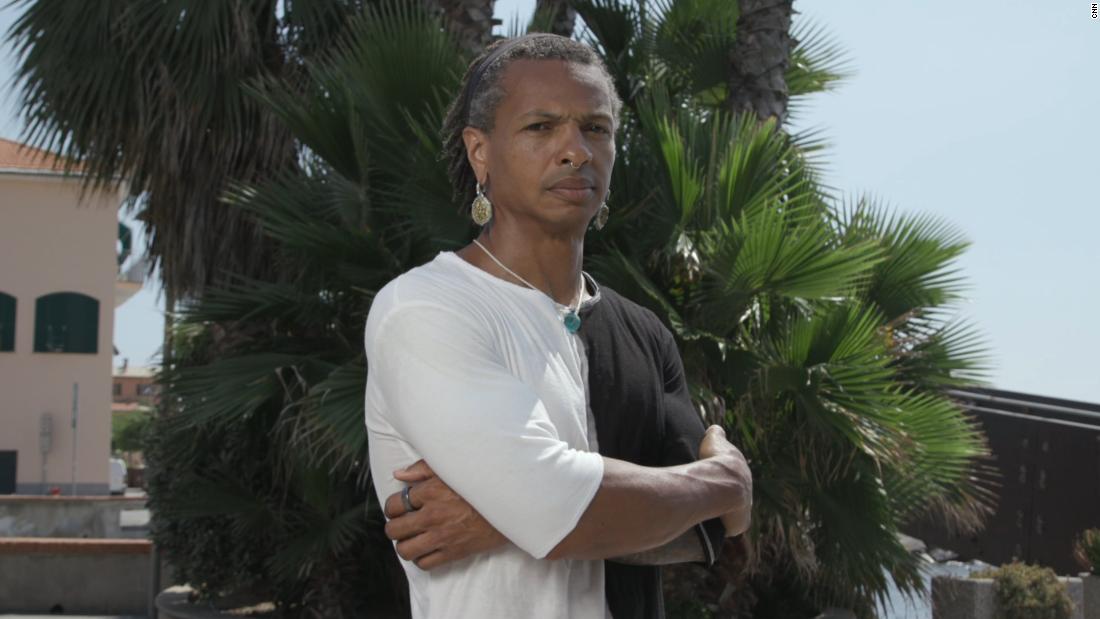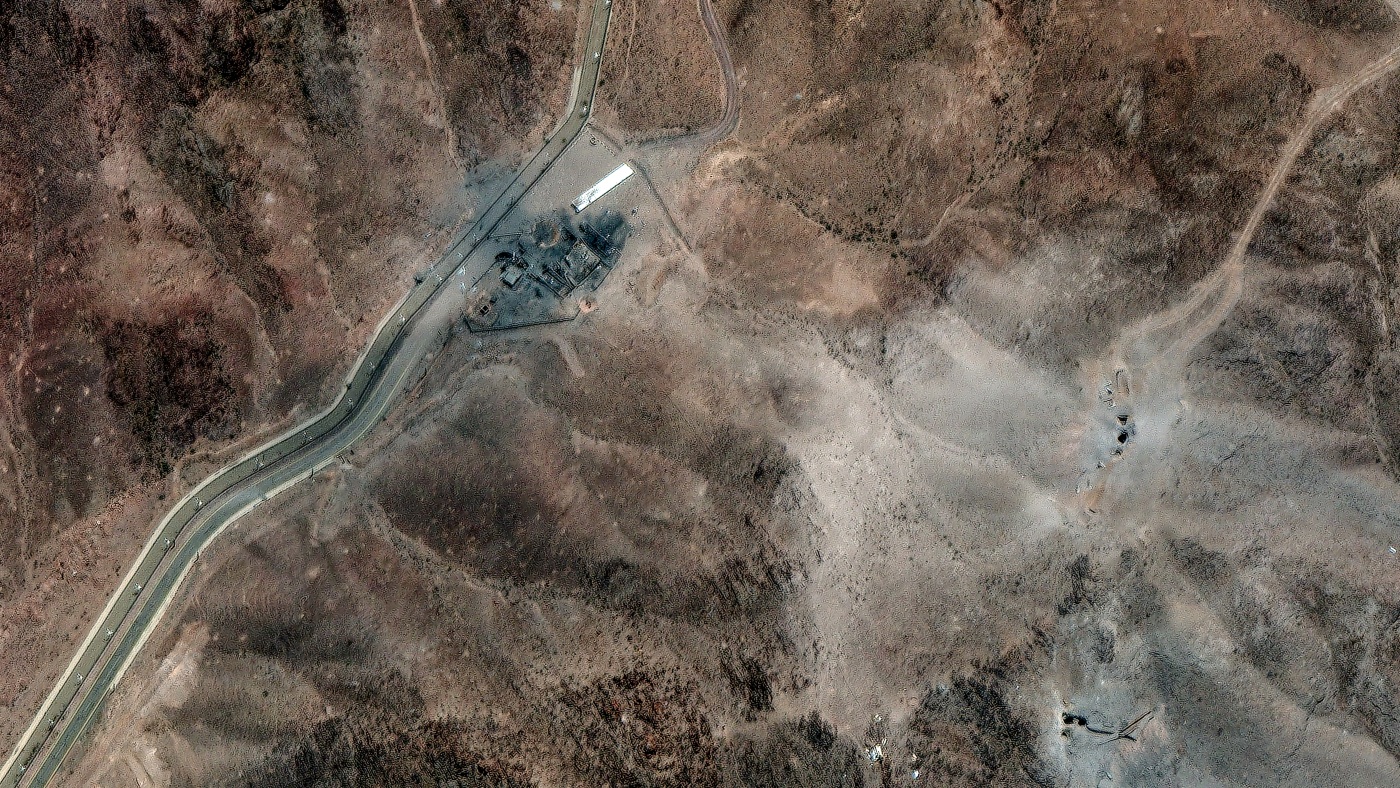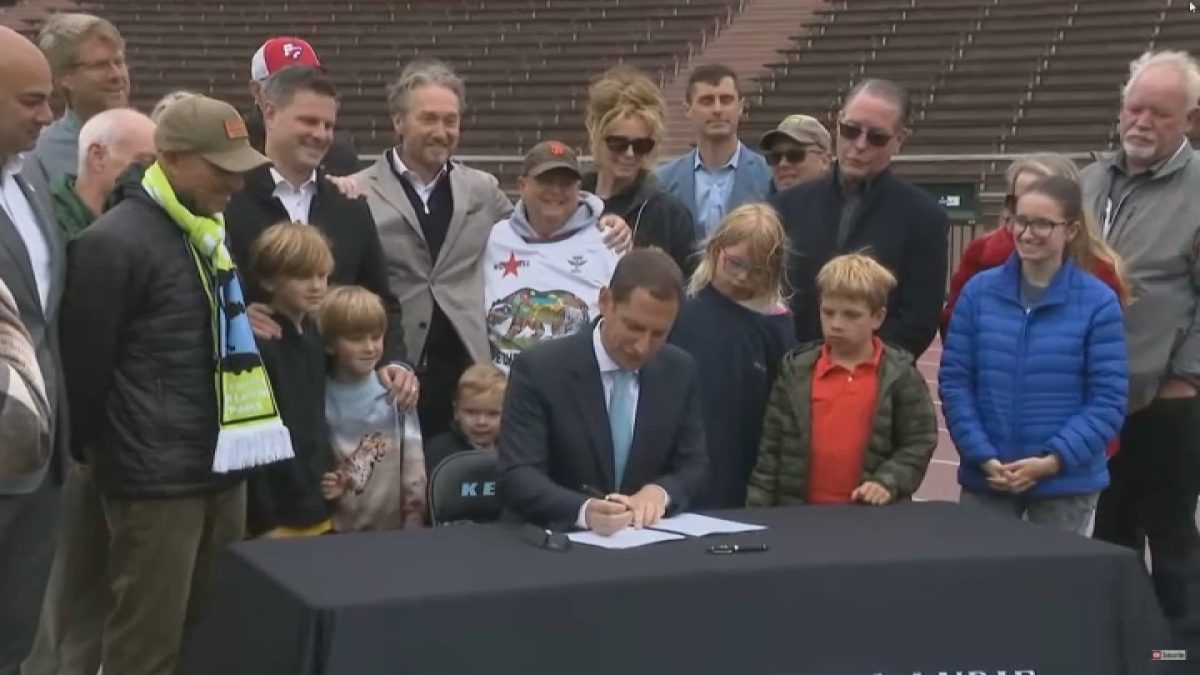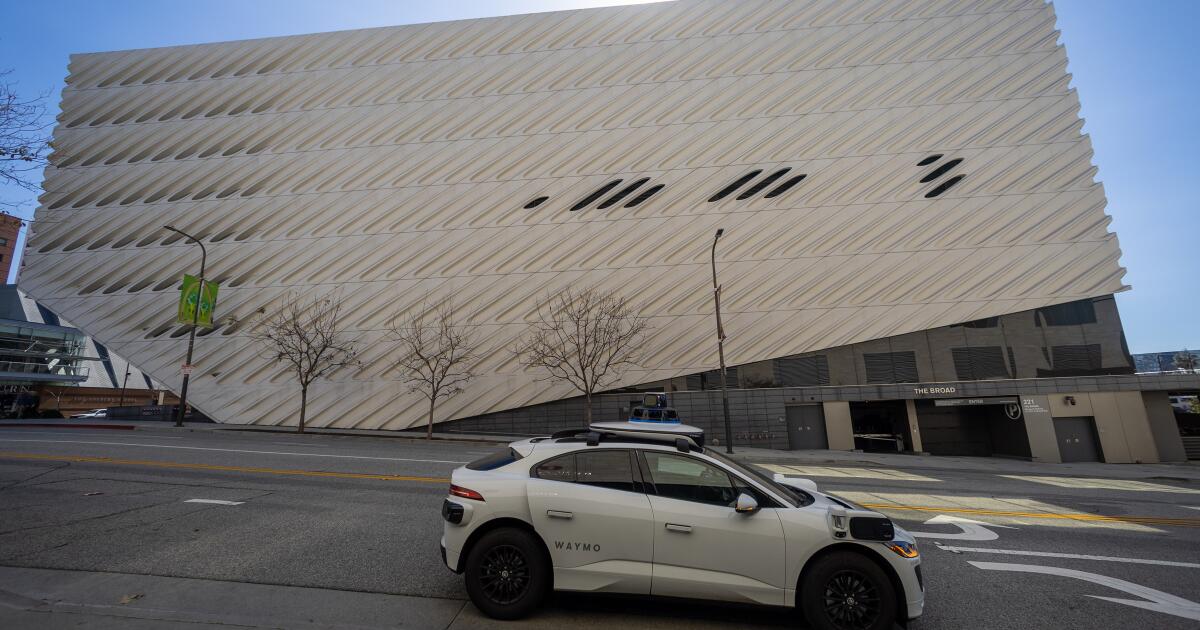Zohran Mamdani, the leftwing Democrat feared by Wall Street, is on course to win the party’s mayoral primary for New York City, sending shockwaves across US politics.
Mamdani, a democratic socialist who has called for higher taxes on the rich and assailed US support for Israel in Gaza, stunned Andrew Cuomo, the former governor of New York state, in the Democratic primary race on Tuesday.
His success will reverberate across Wall Street and among the billionaire donors, including hedge fund manager Bill Ackman, who backed his rival. It will also intensify the debate among Democrats as they seek a convincing political strategy to take on Donald Trump.
“Tonight, we made history,” Mamdani told hundreds of jubilant supporters in Queens on Tuesday night. “I will be your Democratic nominee for the mayor of New York City.
“When we no longer believe in our democracy, it only becomes easier for people like Donald Trump to convince us of his worth, for billionaires to convince us that they must always lead,” he said.
New York leans towards Democrats, and Mamdani’s victory gives the 33-year-old a major advantage in the election later this year to replace Eric Adams as the city’s mayor — one of the most powerful positions in US domestic politics.
Cuomo conceded defeat late on Tuesday in a contest that is widely seen as a referendum on the future of the party.
“Tonight was not our night, tonight. It was Assemblyman Mamdani’s night,” Cuomo told supporters at a post-election party, adding that he had called Mamdani to congratulate him.
Unofficial results on Tuesday night showed Mamdani with a seven-point lead over Cuomo, with more than 90 per cent of the vote counted.
The final result will depend on the tally in the city’s ranked-choice system, which allows people to pick up to five candidates in order of preference. The winner will be officially declared on July 1, at the earliest, after all other candidates’ votes have been reallocated.
Following Trump’s victory over Kamala Harris in last year’s presidential election, the Democrats have been riven between a progressive wing exemplified by New York congresswoman Alexandria Ocasio-Cortez, and moderates such as Pennsylvania US Senator John Fetterman, who has praised Trump.
Mamdani ran his campaign on a pledge to make life more affordable for New Yorkers, whose cost of living has soared since the Covid-19 pandemic. If elected, he says he will raise taxes on the rich to fund free buses and childcare, as well as city-owned grocery stores.
The progressive candidate tapped into a groundswell of support among younger voters — an electoral strategy that will be studied by Democrats nationally as they try to win back youthful voters who backed Trump in November.
“In the words of Nelson Mandela: it always seems impossible until it’s done,” Mamdani said on X following the result.
Ocasio-Cortez, who has tapped into a similar voter base, congratulated Mamdani on Tuesday night, saying in a social media post, “billionaires and lobbyists poured millions against you and our public finance system. And you won.”
Cuomo, a fixture of New York state politics for more than four decades, was long seen as the frontrunner. But the centrist found himself fighting an increasingly serious challenge from the upstart Mamdani, who has a huge following on social media.
After resigning as governor four years ago amid accusations of sexual harassment, which he denies, Cuomo entered the mayoral race in March.
Cuomo committed to restoring the Democratic party’s appeal among working class voters, promising to hire more police officers, improve safety on the subway and remove red tape to build more affordable housing.
His campaign was built on the thesis that the Democratic party had been “hijacked”, and that it “doesn’t fight for working people anymore”.
Cuomo’s campaign enjoyed a big fundraising advantage over rivals in the final weeks of the race, buoyed by large contributions, including from former mayor Michael Bloomberg.
Combined, outside fundraising groups spent more than $20mn. Mamdani’s campaign relied on small contributions, with more than 21,000 donors, roughly 75 per cent of whom gave less than $100.
Eric Adams, the incumbent mayor, will run in the November general election as an independent. His approval rating stands at just 20 per cent after he was indicted last year on charges of bribery and fraud in a case that was later dismissed.

































